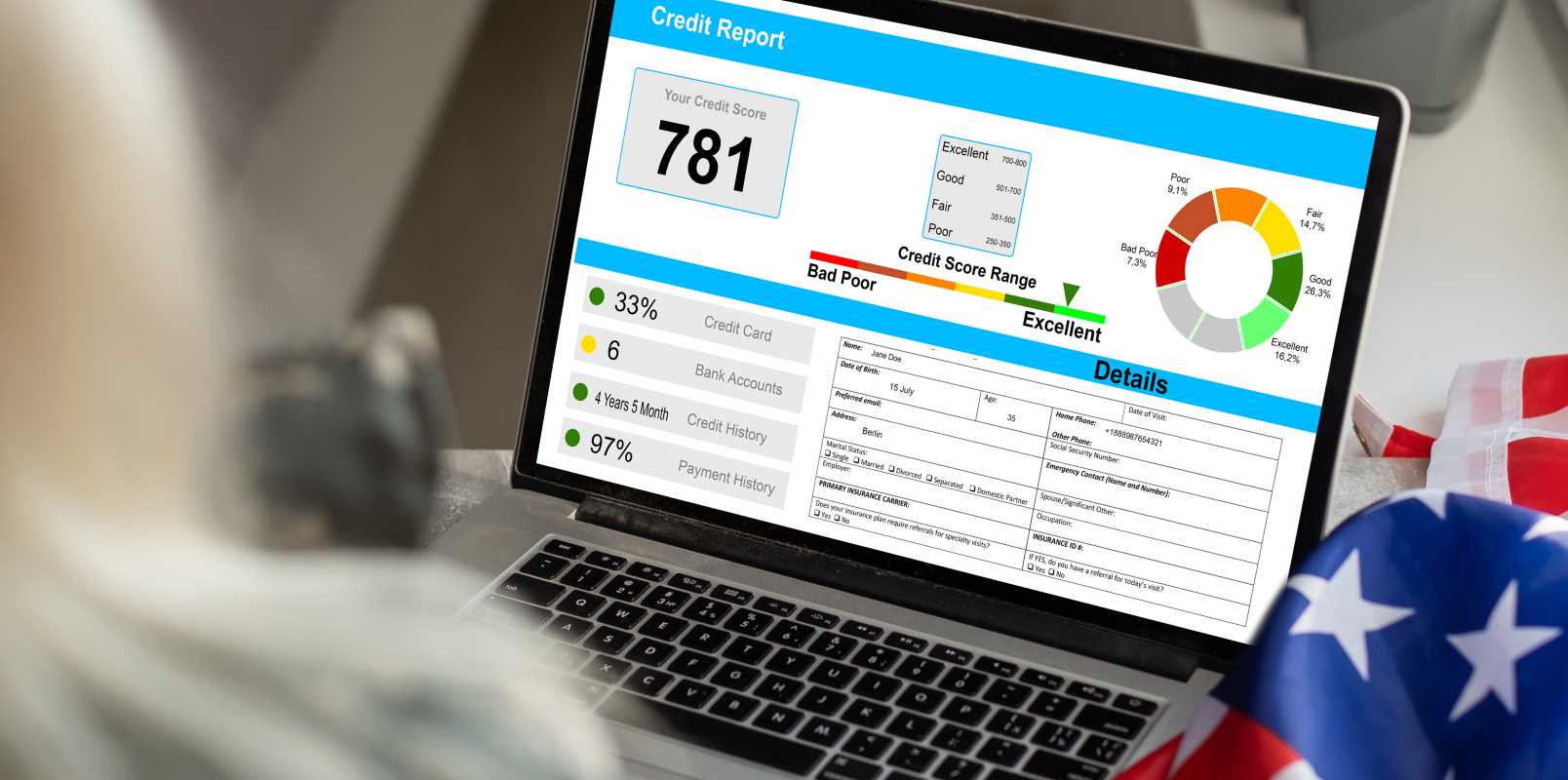Securing your dream job at an up-and-coming startup right after college is exhilarating. The thrill of new beginnings fills the air, yet the challenge of managing your salary while plotting a secure financial future quickly sets in. The idea of constructing a financial safety net before hitting 30 can feel overwhelming, particularly when your earnings are still finding their footing. Fortunately, by crafting a solid financial strategy, you can establish a stable economic foundation without having to compromise on enjoying the present. With thoughtful planning, it's entirely possible to balance living well today with being prepared for tomorrow.
Understanding Your Financial Goals
Setting clear financial goals marks the first step toward financial security. Knowing what you want to achieve helps you create a roadmap to get there. Whether you aim to buy a house, travel the world, or simply save for a rainy day, having specific targets keeps you motivated and focused.
- Emergency Fund: Save at least three to six months' worth of living expenses to cover unexpected costs.
- Debt Repayment: Prioritize paying off high-interest debts like credit cards and student loans.
- Retirement Savings: Start contributing to a retirement account early to take advantage of compound interest.
- Major Purchases: Plan and save for significant expenses such as buying a car or a home.
- Personal Development: Allocate funds for courses, certifications, or other educational pursuits that can enhance your career.
Budgeting Basics
Creating and sticking to a budget proves crucial for managing your finances effectively. A well-planned budget helps you track your income and expenses, ensuring you live within your means while saving for your goals.
Start by listing all your sources of income and then categorize your expenses into essentials and discretionary spending. By identifying areas where you can cut back, you can allocate more funds toward savings and investments. To budget smarter, consider using budgeting apps or spreadsheets that simplify the process and provide insights into your spending habits.
Savings Plans for Startup Salaries
Even with a modest startup salary, you can build a solid savings plan by adopting disciplined and thoughtful approaches. Here are some practical tips to help you save effectively:
- Automate Your Savings: Set up automatic transfers to your savings account every payday to ensure you consistently save without having to think about it.
- Cut Unnecessary Expenses: Review your spending habits and eliminate non-essential expenses such as frequent dining out or subscription services you rarely use.
- Increase Your Income: Look for side gigs or freelance opportunities that can supplement your primary income and boost your savings.
- Take Advantage of Employer Benefits: Utilize any employer-sponsored retirement plans or matching programs to maximize your savings potential.
- Set Savings Goals: Having clear short-term and long-term savings goals can keep you motivated and give your savings a purpose.
Investing Wisely Before 30
Investing serves as a powerful tool for growing your wealth over time, and starting early gives you a significant advantage. For beginners, it's essential to choose investment options that align with your risk tolerance and financial goals.
Consider investing in low-cost index funds or exchange-traded funds (ETFs) that offer diversification and lower fees compared to individual stocks. Contributing to a Roth IRA can provide tax-free growth and withdrawals in retirement, making it an attractive option for young investors.
Protecting Your Financial Future
Ensuring your financial safety involves more than just saving and investing; it also means safeguarding yourself against unforeseen circumstances. Having the right insurance policies and an emergency fund serves as critical components of a solid financial plan.
Insurance types to consider include health, renters, and life insurance, depending on your personal situation. An emergency fund acts as a financial cushion, providing peace of mind and stability during challenging times. By prioritizing these aspects, you reinforce your financial safety net, ensuring you're prepared for whatever life throws your way.
Achieving a financial safety net before 30 is possible through goal setting, wise budgeting, strategic saving, and thoughtful investing. Start now to secure a stable financial future.
 (Image source: Midjourney)
(Image source: Midjourney) 





